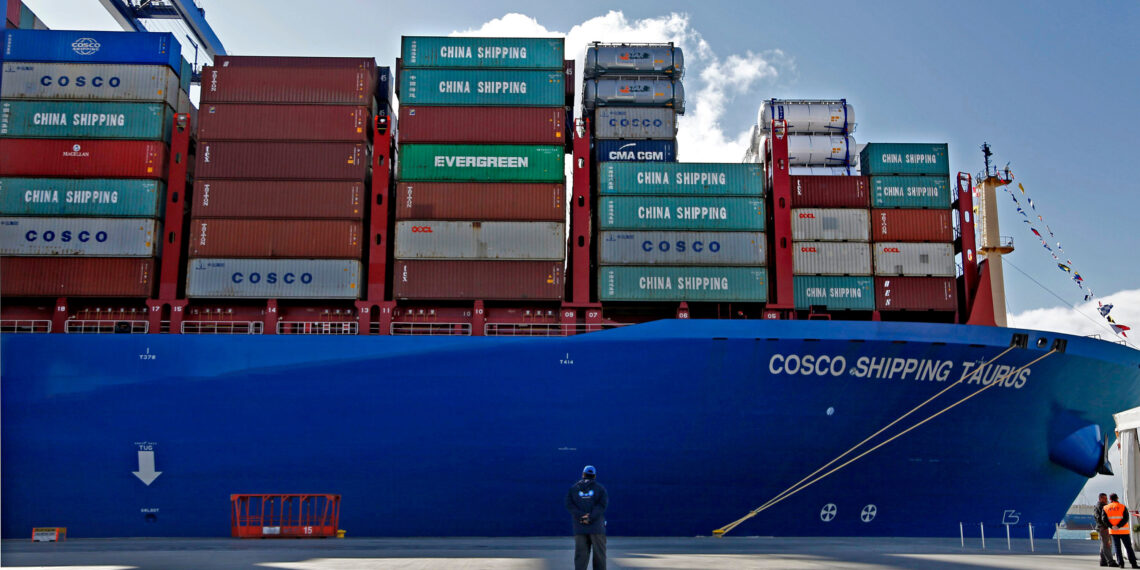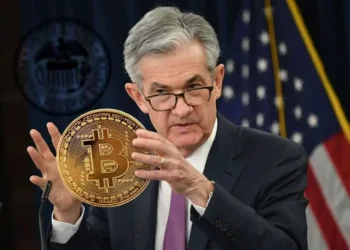The United States government introduced port fees against Chinese-linked ships to strengthen domestic shipbuilding operations while fighting Chinese maritime leadership. The new fees for Chinese ship operators and their operators will start in mid-October at $50 per ton and will increase by $30 annually during the following three years. Chinese-built ships face an initial $18 per-ton fee or $120 per-container fee which will increase throughout the period but non-U.S.-built car carriers need to pay $150 for each vehicle. The fees only apply once per voyage with a maximum of five applications per year for ships that transport empty bulk cargo or operate between U.S.-Canada Great Lakes regions or travel to domestic or Caribbean routes.
The USTR declared China’s market dominance has created harm to American businesses together with their employees. The current fees are less severe than the initial proposal of $1.5 million per port visit because they aim to minimize global trade disruptions from President Donald Trump’s tariffs which include 145% on Chinese imports and 10% across the board until July. A spokesperson from the Chinese foreign ministry claimed that these fees will drive up U.S. prices without achieving any recovery in shipbuilding industry.
Trade experts warn of ripple effects. The Trump tariffs forced Chinese shipping to reroute through European ports which caused congestion at UK’s Felixstowe terminal and EU’s Rotterdam hub. Marco Forgione from the Chartered Institute of Export & International Trade recorded Chinese imports to both the UK and EU increasing by 15% and 12% respectively during Q1 2025. Sanne Manders from Flexport reported that port strikes together with tariffs have caused terminal congestion in Europe and added volumes will make delays worse. The tariff costs will be passed to U.S. consumers but European prices will remain steady since shippers will find alternative markets.
The second phase beginning in three years will establish priority shipping for U.S.-built LNG carriers while implementing stricter restrictions which will extend across 22 years. The USTR’s new measures demonstrate a strategic commitment to developing U.S. maritime industries despite causing ongoing challenges to global trade operations.










